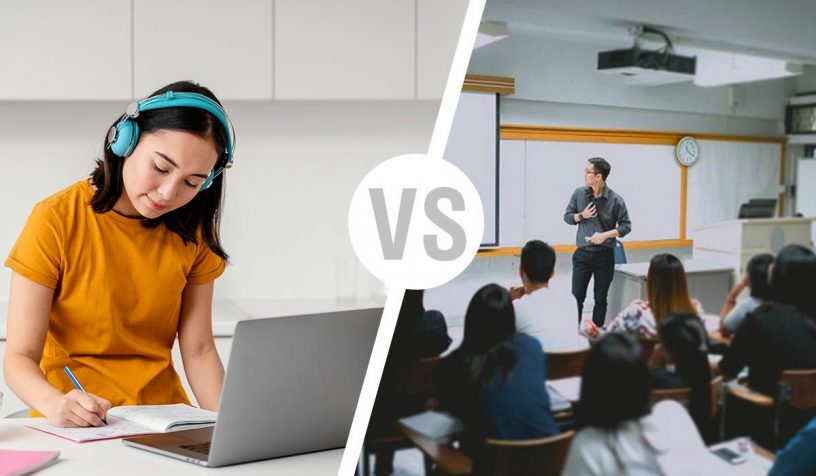
The researchers have found that the older demographic and females have a greater propensity for online education.
Authors
Manini Ojha, Assistant Professor in Jindal School of Government and Public Policy of O.P. Jindal Global University, Sonipat, Haryana, India.
Mohammad Arshad Rahman, Zayed University, UAE and Indian Institute of Technology Kanpur, India.
Summary
Education has traditionally been classroom-oriented with a gradual growth of online courses in recent times. However, the outbreak of the COVID-19 pandemic has dramatically accelerated the shift to online classes.
Associated with this learning format is the question: what do people think about the educational value of an online course compared to a course taken in-person in a classroom? We address this question and present a Bayesian quantile analysis of public opinion using a nationally representative survey data from the United States.
The study shows that previous participation in online courses and full-time employment status favor the educational value of online courses. The researchers have also found that the older demographic and females have a greater propensity for online education.
In contrast, highly educated individuals have a lower willingness towards online education vis-a-vis traditional classes. Regional variations in the propensity to value online classes also exist. Besides, covariate effects show heterogeneity across quantiles which cannot be captured using probit or logit models.
Published in: Education Policy Analysis Archives
To read the full article, please click here


